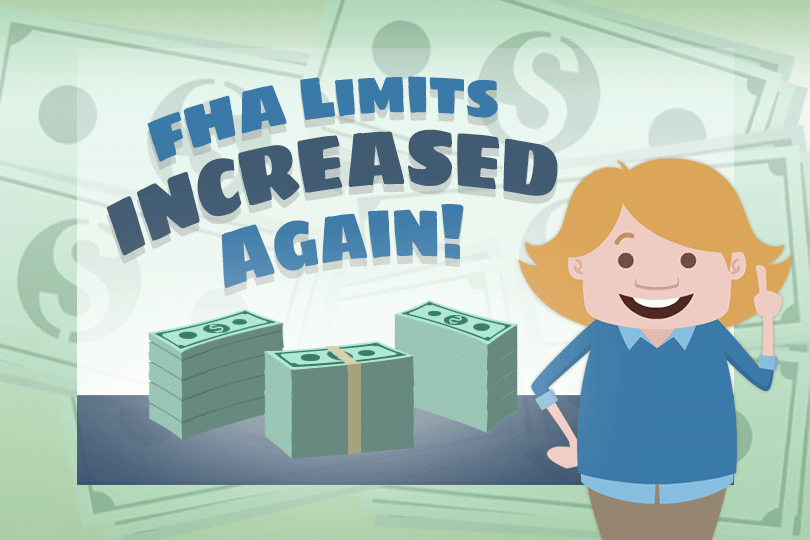Why Do FHA Loans Have Borrowing Limits?
October 14, 2023
FHA loan limits serve as a crucial mechanism to balance financial sustainability, regional variations in housing costs, and the agency's mission to promote homeownership, particularly for those with limited financial resources.
Financial Stability
FHA is a government agency that provides mortgage insurance to lenders, allowing them to offer loans with lower down payment requirements and more flexible credit criteria. If a borrower defaults on their FHA mortgage, the government steps in to protect the lender. To maintain the financial stability of the FHA program, the agency sets loan limits to prevent excessive risk exposure. These limits help ensure that FHA can cover potential losses if a default occurs.
Protecting Taxpayer Funds
FHA operates with the backing of the U.S. government, and its insurance program is funded by both premiums paid by borrowers and the backing of taxpayer funds. Loan limits exist to help ensure that the fund remains adequately capitalized to cover claims without relying heavily on taxpayers.
Regional Housing Costs
Housing costs can vary significantly across the United States and loan limits are adjusted to reflect regional variations. Major cities and expensive real estate markets will have higher FHA loan limits to help borrowers access affordable financing. As one might expect, areas with lower housing costs have lower loan limits.
Promoting Homeownership
The FHA was created to facilitate homeownership for lower- and moderate-income individuals and families. By setting loan limits, the FHA can target its support to those who might not otherwise qualify for conventional financing so they can purchase homes in markets with affordable housing options.
Loan limits are updated annually to reflect changes in housing costs and market conditions. It's important to note that the specific loan limits can vary by county or metropolitan area. Borrowers looking to utilize FHA loans should check the current loan limits in their area to determine the maximum loan amount they can qualify for.
------------------------------
RELATED VIDEOS:
Home Equity Can Secure Your Second Mortgage
Consider the Advantages of Discount Points
FHA Limits are Calculated and Updated Annually

FHA Loan Articles
November 26, 2024
Thinking about buying a home? One of the first things you'll want to consider doing is filling out forms to be pre-approved for your FHA mortgage. This means a lender takes a look at your finances to figure out how much they're willing to loan you. It's a smart move, but you might be wondering: "Will applying for pre-approval hurt my credit score?"
November 25, 2024FHA mortgages include a refinance option that allows you to pull equity from your home in cash. The FHA cash-out refinance loan allows the borrower to take the difference between what remains to be paid on the home and the amount of equity built up.
The FHA loan program has some competition in this area, but how do your other government-backed refinance loan options measure up?
November 21, 2024The dream of homeownership is with some from a young age. But in an uncertain housing market, some grapple with the question: Is buying a home the right move for me?
While renting offers relocation flexibility and lower upfront costs, homeownership provides a wealth of financial and personal benefits.
November 20, 2024Refinancing your mortgage offers a way to cash in on your home equity, potentially reduce your interest rate, or modify your loan term. Borrowers ready to consider have options including FHA loans and conventional loans.
While both provide avenues for refinancing, each loan type may be best for specific needs and financial circumstances. What are the differences between FHA and conventional refinance options?
November 14, 2024The home you want to buy might seem perfect, or it may have a few flaws that are acceptable in the grand scheme of things. But what about issues you can’t spot just by walking through the property a few times? A home inspection provides an unbiased, expert assessment of the property's condition, uncovering potential issues that might not be noticeable to the untrained observer.







